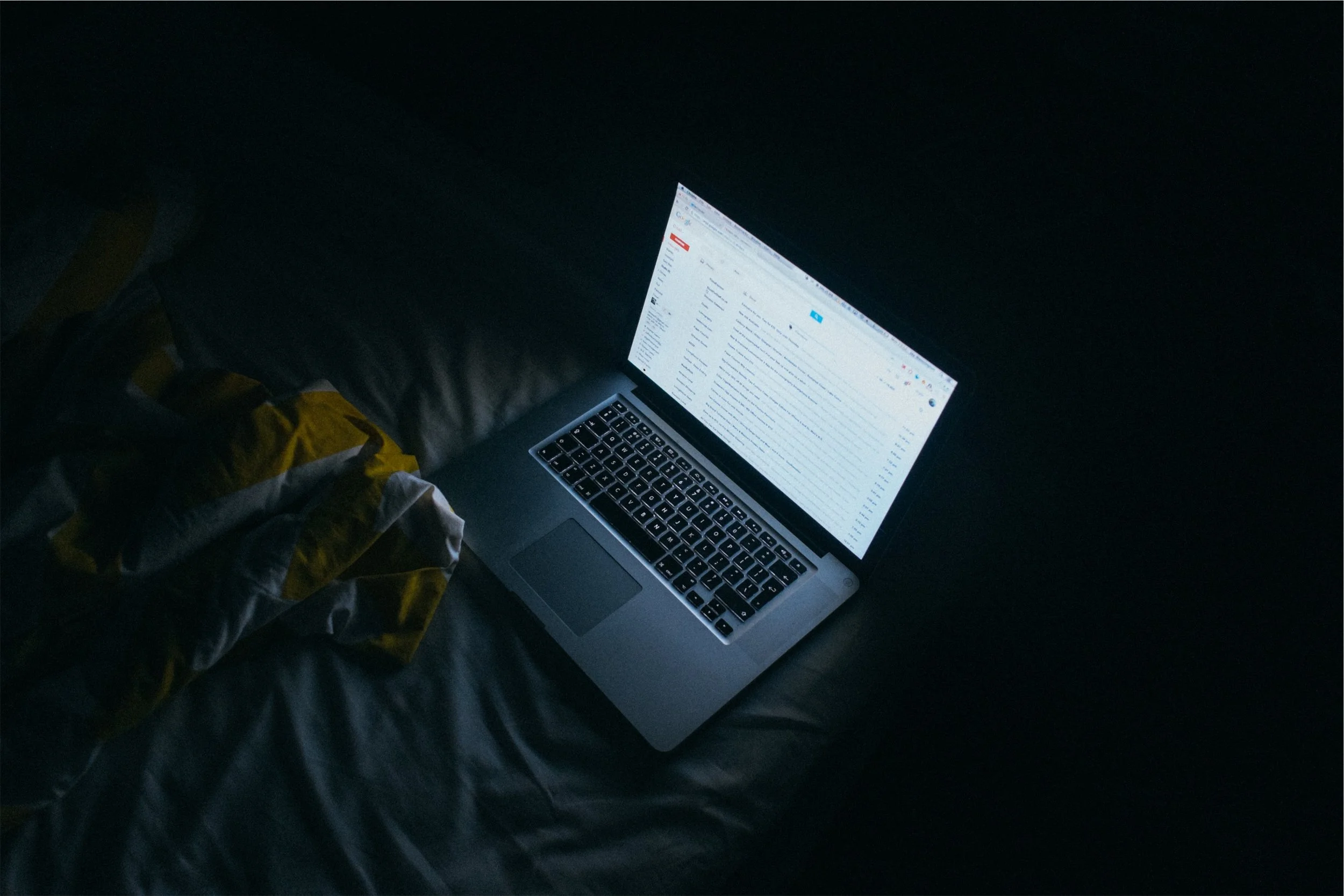![Sleep: The Key to Healthy, Productive and Safe Employees]()
The importance of sleep cannot be overstated. In fact, the World Health Organization describes sleep as a basic human need. Without sleep, a person’s health, safety, quality of life, and performance become radically compromised. Decades ago, smoking cigarettes, overindulging in alcohol, driving without a seatbelt, and forgoing sunscreen were not only socially acceptable, but instead wryly celebrated as living life to the fullest.
While individual claims of “not needing sleep” or sleeping very little each night are still met with public approval, research now overwhelmingly demonstrates that insufficient sleep has drastic, negative impacts on health, safety, and human performance. Researchers have shown that enduring 24 hours without sleep, or a week of sleeping only four to five hours nightly, induces a physical, emotional, and cognitive impairment equivalent to a blood alcohol level of 0.1%.
Modern culture sets unrealistic expectations for 24/7 stimulation, propelled by artificial stimulants and never-ending access to technology and globalized social networks. Extremely long workdays create an unhealthy cycle that involves overindulging, sleeping in, and sedentary weekend activities. The Centers for Disease Control and Prevention has declared insufficient sleep to be a public health epidemic.




